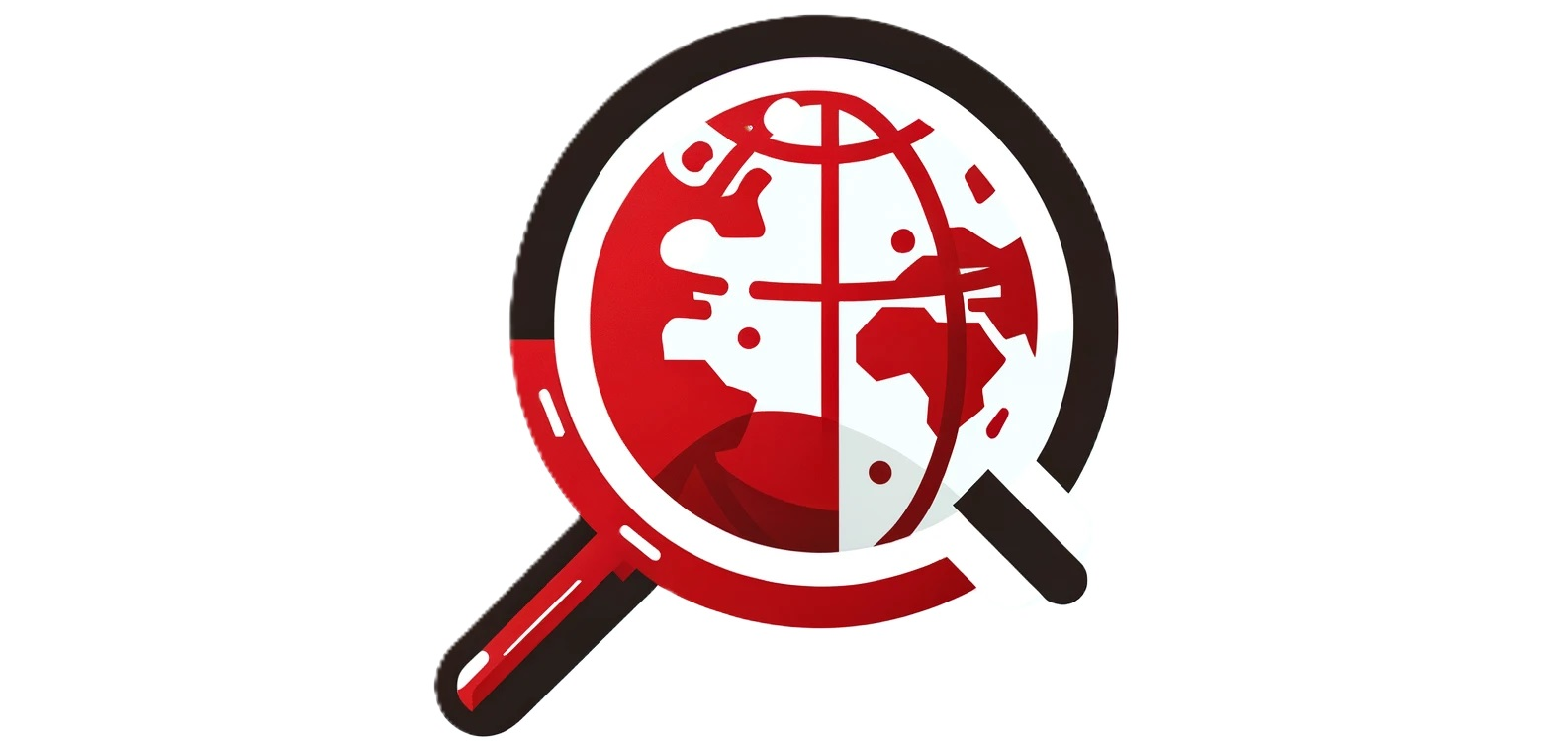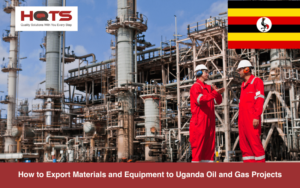China has become a world leader for exporting goods, with 2591.1 Billion USD worth of imports within 2019. With this, it has become a growing and profitable opportunity for organizations to do business. However, many countries implement strict regulations and requirements for all products entering their respective country. This is dependent on the type of imported goods.
Because of the varied and detailed nature of regulations for importing goods, A key step in developing a successful supply chain is a Pre-shipment inspection (PSI). This form of examination assesses the quality of goods before shipment occurs, allowing manufacturers to confirm that goods conform to the regulations set by the governing bodies before being sent to buyers.
This article aims to give a comprehensive guide of what pre-shipment inspections are, their benefits, and the process of conducting a pre-shipment inspection within China correctly.
What is a Pre-shipment inspection?
A pre-shipment inspection psi is performed once goods have been 100% completed, packed and ready to be shipped to the designated country. The purpose of this inspection is to ensure that goods that the manufacturer has prepared are up to the agreed standard set out by the buyer’s purchase order.
As well as this, goods must be made to the standard of which with the governing body’s regulations. In most countries, a PSI is a requirement by customs to allow goods into many countries. This is usually a health and safety precaution to protect consumers.
During an inspection, a quality control inspector will select a random sample of the finished goods, according to the international statistical sampling procedure known as the MIL-STD-105E or ISO2859-1. Once goods have been deemed in line with regulations and international standards, a certificate is issued, and products may be shipped without issue.
Why is a PSI important for China imports?
PSI’s are extremely beneficial for both manufacturers and buyers. In a lot of cases, it is a mandatory requirement for goods to enter through customs. However, as regulations change from country to country, it can be difficult to keep up to date with the latest regulations regarding the shipment of goods.
A PSI can assist with this as 3rd party organisations are keenly watching for any changes within regulatory bodies. As well as this, if goods are not up to regulatory standard, it can cause a bottleneck within the supply chain as goods would be sent back and fines would be given.
PSI’s are also important to give buyers security when working with manufacturers to ensure that goods are of quality and up to the expectations set out. This can protect a buyers brand when goods reach consumers. If the goods have not been inspected and there are defects, this may hurt the business’s reputation.
Benefits to PSI’s also include:
- Allows for low-quality products to be detected before shipment to stop wasted costs.
- Helps avoid costly reworks of goods before goods have been sent.
When are PSI inspections done?
PSI inspections are done usually done when products have been 100% completed and also 80% of the goods have been packed. If the goods are not 100% ready by the time of the inspection then the quality and saleability of the shipment is not guaranteed. This allows to ensure that everything has been correctly managed and monitored to not cause any unnecessary delays within the supply chain.
Potential issues with PSI inspections in China
Within China there are common issues which arise with PSI’s. As China is a developing country these factors should be held into account when choosing to work with organisations. These include:
A “that will do” attitude:
Organisations have the potential to have a mindset focused on complacency. Inspection agents may focus on providing the bare minimum in terms of attention to detail, letting minor issues slip through due to subpar inspection techniques.
Focusing on internal interests
An inspection organisation which is focused on their own interests can jepordise the integrity of a pre-shipment inspection. Choosing the correct organization which can focus on providing trustworthy unbiased results which can benefit your supply chain is essential.
Misunderstanding your company standards
Getting an inspection agent to gain a full understanding of your company’s standards may be difficult. Ensuring this by finding agents that are fully invested and understand the scope of what’s needed is essential to avoiding subpar inspections and potential payment of defective or harmful goods.
How Pre-Shipment inspections in China are conducted
Before pre-shipment inspections in China are completed, several steps must be taken to ensure it is conducted correctly, this includes:
1.Supplier visit
The first step in a PSI involves an inspector visiting the supplier with relevant equipment for testing of goods and inspection of the factory floor to ensure procedures are in order regarding health and safety.
2.Signing of compliance documents
Once the supplier visit has been conducted, the relevant PSI compliance document will be signed by both parties. This is done to ensure that a certain level of acceptable quality is to be expected that not only fits in with governing bodies but to the satisfaction of the buyer also.
3. Inspection
At this point, goods have been completed and are ready to be shipped. This is when the inspection can begin, The inspection included several aspects to ensure quality standards, which include:
- Conduct a final random inspection of a randomly selected sample of goods.
- Package, label, tag, instruction inspections to align with specific regional regulations
- Functionality testing of the goods.
- Measurement of the size and weight of the shipment.
- Testing of Bar code to ensure correctly implemented.
- Finally, Sealing the shipment.
Once the inspection is completed, an inspector will compile a comprehensive inspection report which goes all over all details in occurrence to legal regulations for the country in which the goods will be shipped. The inspection company can then issue a legal certificate of approval.
4. Delivery of Certificate
Once the inspection is completed and approved, a legal certificate will be issued to the shipment. The goods can then be shipped to the required country in which customs will check them and, if approved, can then be sent to the buyer.
5. The PSI Report
As well as a certificate which approves the shipment, an organization will receive a comprehensive report based upon the inspection. This document provides detailed information about the shipment which can include:
- Detailed images of the goods for imperfections or defects
- Quantity and workmanship evaluation.
- Details about specification of goods, including size, material and weight.
All of this information gives the buyer clarity and a robust knowledge of what type of goods have been created and if they are of a satisfactory level.
Conclusion
PSI’s are a required and beneficial way for buyers and manufacturers to ensure that goods are up to regulatory standards before arriving at customs. This ensures that an organisations reputation is not damaged by low quality or potentially dangerous goods being provided to clients. With 3rd party inspection agents giving peace of mind to having a smooth and efficient supply chain.
AQM BD has over 25 years of experience with inspection services in industry-leading quality control, including Pre-Shipment Inspections. Providing rigorous testing from highly trained inspectors to ensure shipments are safe and up-to-date with the latest regulations. To learn more about this, contact us today.





